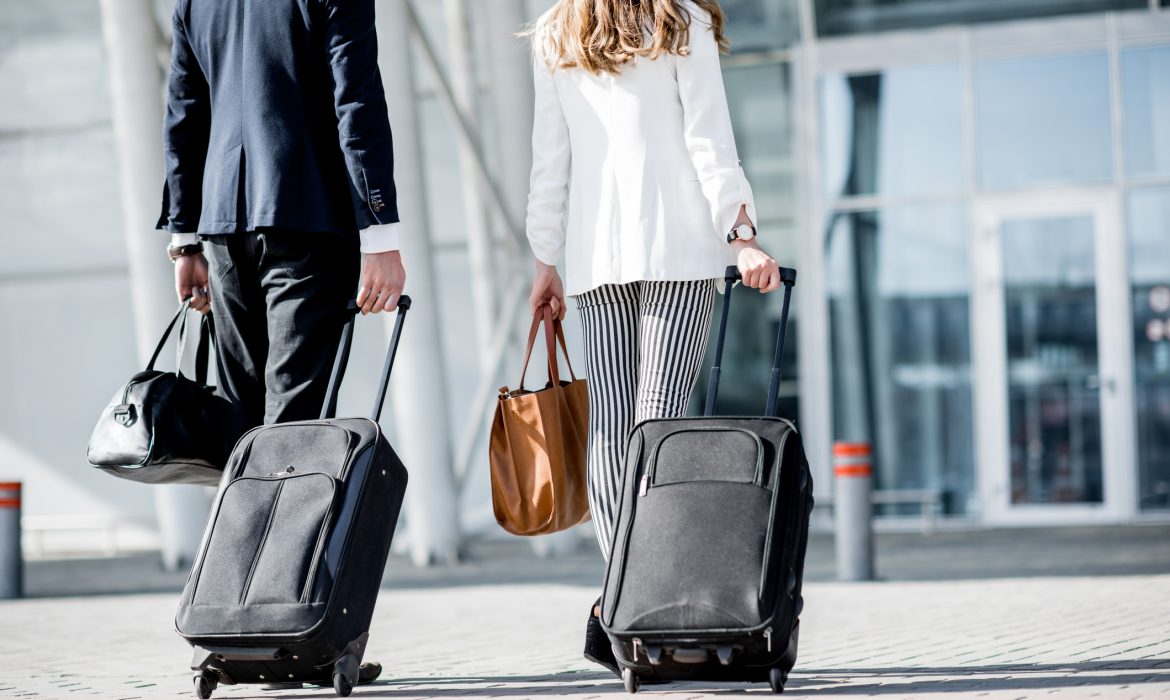Business travel has undergone significant transformation in the last decade, driven by technological advancements, shifts in traveler mindset, and the impact of global events such as the COVID-19 pandemic. In this article, we will explore the prominent trends in business travel and how companies and professionals are adapting to the modern era.
1. Technology and decentralization
One of the most notable changes in business travel is the growing reliance on technology. Video conferencing and online collaboration tools have reduced the need for travel for routine meetings. Companies are adopting solutions like Zoom, Microsoft Teams, and Slack to facilitate remote communication and collaboration. This not only saves time and resources but also has a positive impact on the environment by reducing the carbon footprint of travel.
2. Flexibility and well-being
The COVID-19 pandemic has altered how companies address the health and well-being of their employees during business travel. Safety and hygiene have become priorities, and travel policies have been adapted to ensure employee protection. Additionally, there is increased flexibility in travel, with options for remote work while in transit and the possibility of extending business trips to include leisure time.
3. Sustainability and corporate social responsibility
Sustainability has become a key concern for many companies. Sustainable business travel is on the rise, with a focus on reducing carbon emissions and offsetting them. Companies are opting for more fuel-efficient flights, sustainable accommodations, and recycling programs. Moreover, corporate social responsibility plays a significant role in choosing destinations and providers that respect human rights and ethical standards.
4. Automation and streamlining
Process automation is becoming a cornerstone in the management of business travel. From booking flights and hotels to reporting and expense tracking, companies are adopting technological solutions that simplify and streamline these processes. This not only saves time but also reduces human errors and increases transparency in travel expenses.
5. Destination experiences
Business travelers are increasingly seeking authentic experiences in their destinations. Companies recognize the importance of allowing employees to explore and enjoy local culture. Business trips are evolving into “bleisure” trips, a mix of business and leisure. This not only enhances employee morale but can also be an effective tool for attracting and retaining talent.
6. Data security
Data protection has become a critical concern in business travel. With the growing threat of cyberattacks, companies are implementing stricter security measures to protect sensitive information while their employees travel. This includes the use of virtual private networks (VPNs) and cybersecurity training.
Business travel is evolving to adapt to the modern era. Technology, sustainability, flexibility, and security are key factors shaping this evolution. Companies that stay informed about these trends and adjust their travel policies accordingly are better positioned to face challenges and seize opportunities in the changing landscape of business travel. The combination of efficiency, well-being, and corporate social responsibility will be crucial for success in this new era of business travel.







